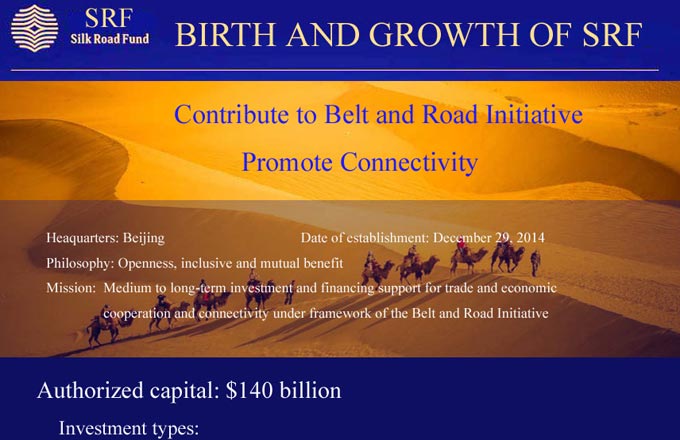Chinese firms eye big potential in India
SUCG started in India in 2007, providing technology support to local constructors. Three years later, it started doing projects itself and built part of the Indira Gandhi International Airport express line. SUCG's work in the express line was highly regarded by the local government, and it later got three more projects, one of them being the 9.37-km subway.
The problem that plagues Lu the most is the issue of visas. He said it is "extremely difficult" for SUCG's Chinese employees to get work visas in India.
The whole process can take up to two years and the chances of rejection are good. In 2009, SUCG's Indian business almost collapsed after Indian immigration authorities started a campaign and sent home many Chinese employees who worked in India on business visas. At the time, SUCG's Chinese engineers had to sit in an office in China and direct constructions in India through video conferences.
Lu said the uncertainties over visas prevent SUCG from forming any long-term development plans in India because nobody knows if they will get sent home out of the blue. Even today, some of the company's Chinese employees are still on business visas.
"We are contributing to the Indian economy. I don't know why they treat us like this," Lu said.
In fact, the reason that SUCG managed to get contracts at all in India is that the company partnered with Larson & Toubro Ltd, India's largest engineering and construction company. Larson & Toubro has close ties with the Indian government and helped SUCG deal with many daunting government procedures.
The Indian government doesn't treat all foreign companies like this. In fact, Chinese companies are subject to "special provisions" because China is listed alongside Afghanistan, Pakistan and Bangladesh as nations unfriendly to India. That means most of the government procedures take longer, making business harder for Chinese companies.
For a Japanese company, for example, company registration is automatic and never takes more than a few months.

























